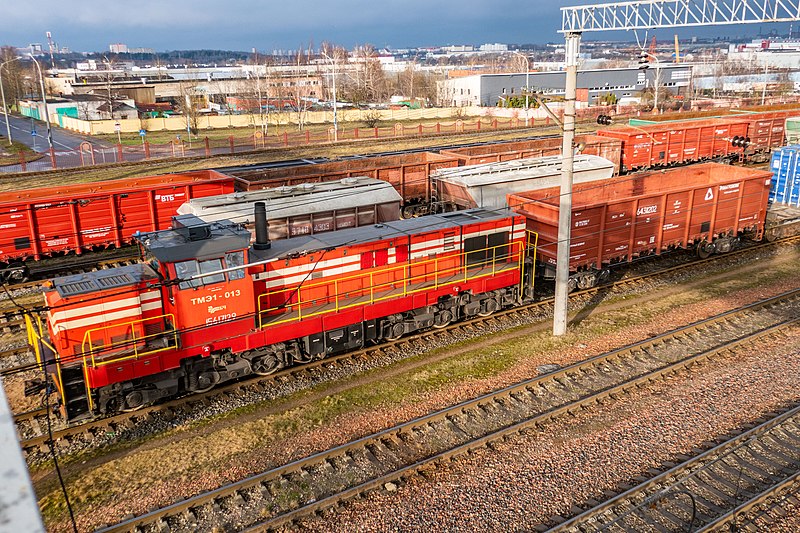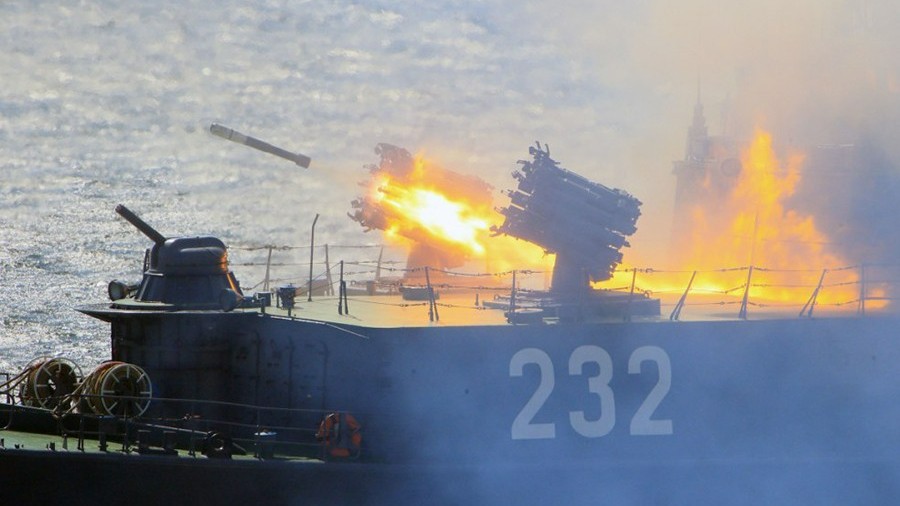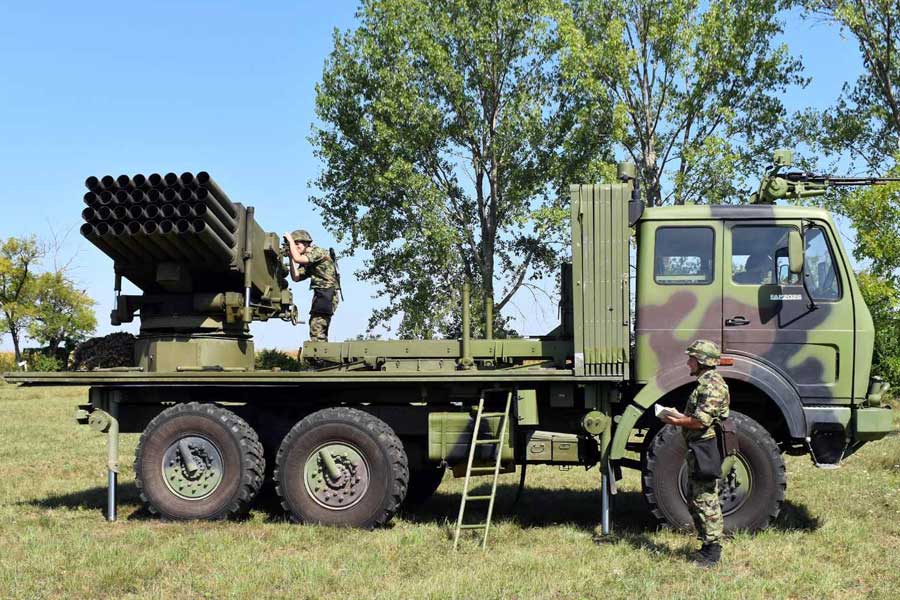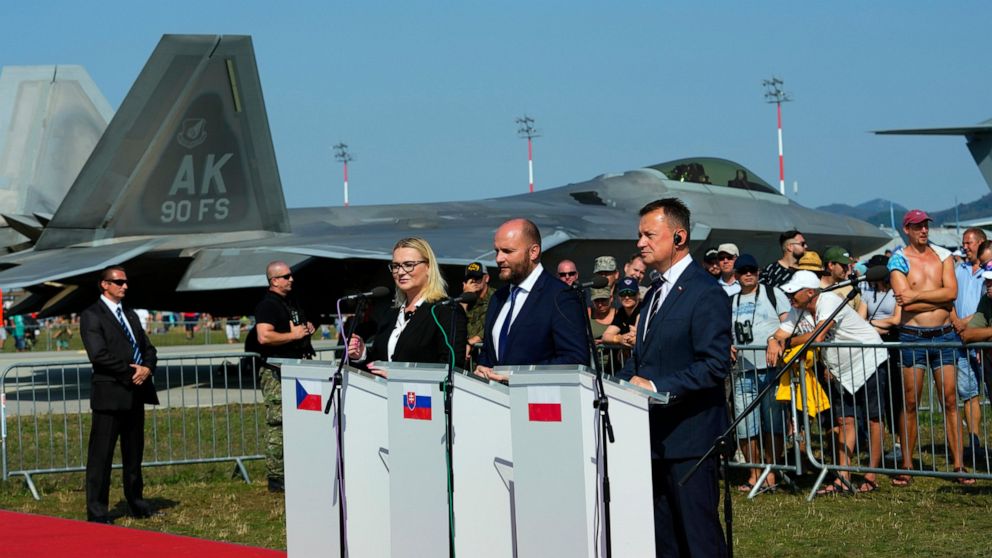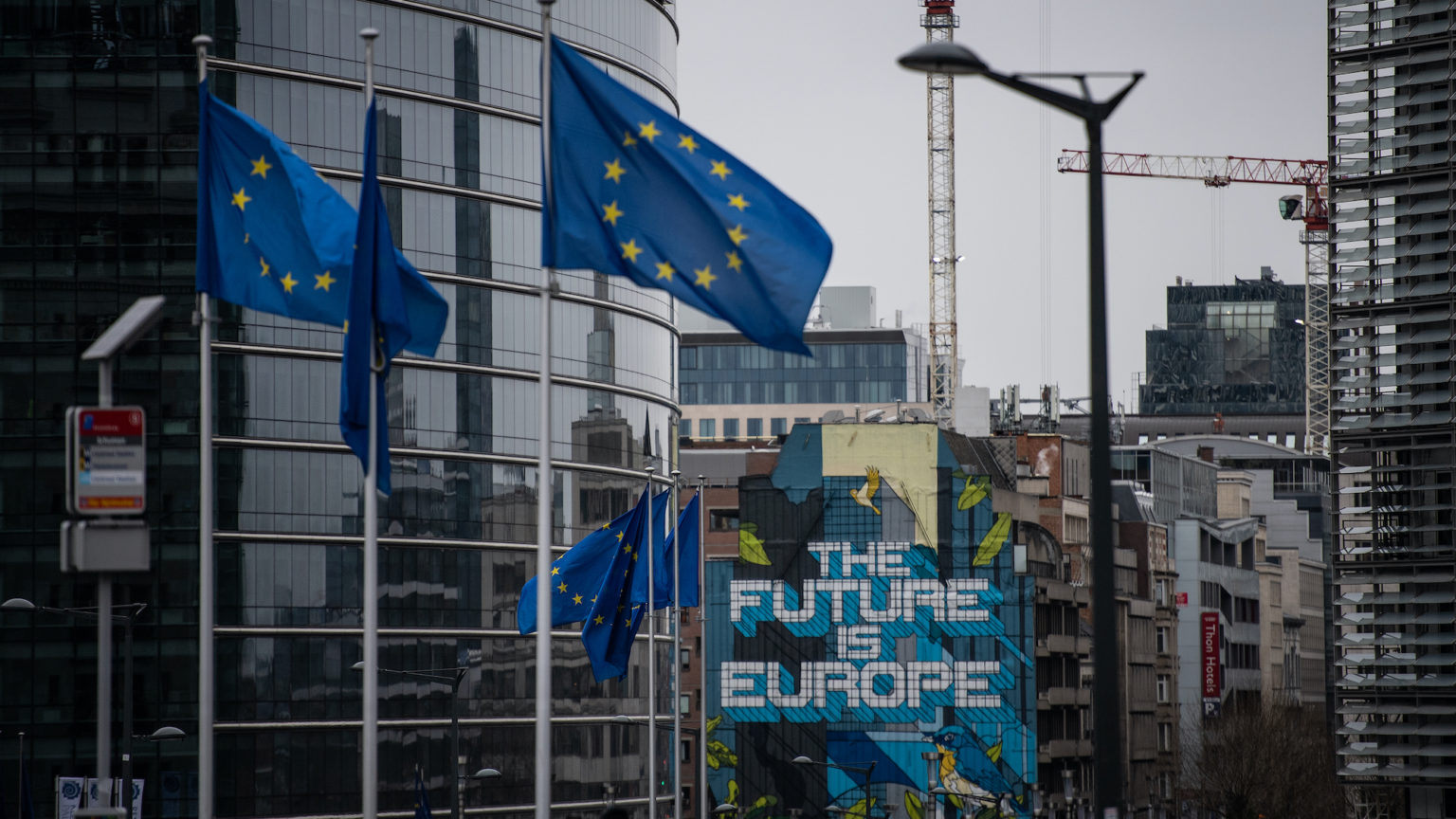Plain Jane
Just Plain Jane
July's thread:
 www.timebomb2000.com
Russia invades Ukraine thread beginning page 801:
www.timebomb2000.com
Russia invades Ukraine thread beginning page 801:
 www.timebomb2000.com
www.timebomb2000.com
Conflict in Mediterranean beginning 84:
 www.timebomb2000.com
www.timebomb2000.com
Main Coronavirus thread beginning page 1615:
 www.timebomb2000.com
www.timebomb2000.com
Consolidated Monkeypox thread beginning page 101:
 www.timebomb2000.com
www.timebomb2000.com

 www.dw.com
www.dw.com
Kosovo closes two border crossings with Serbia amid rising tensions
Kosovo Police say they shut the Bernjak and Jarinje border crossings due to roadblocks by Serb protesters. The NATO-led KFOR mission described the situation as tense and was prepared to intervene.

KFOR said it would "take whatever measures" are needed to ensure security in Kosovo
Kosovo postponed the implementation of new border rules after police had to close two border crossings with Serbia on Sunday due to rising tensions.
The police said they were forced to shut the Bernjak and Jarinje border crossings after demonstrators shot at authorities and blocked roads.
The protesters were angry about a new rule that would have forced all people entering Kosovo with Serbian IDs from Monday to replace them with a temporary document during their stay in the country. A similar rule is applied by Belgrade authorities to Kosovars who visit Serbia.
The government also said ethnic Serbs who have registration plates issued by Serbia would have to change them for Kosovo license plates within two months.
Following tensions on Sunday evening and consultations with EU and US ambassadors, Pristina said it would delay its plan for one month, and start implementation on September 1.
EU foreign policy chief, Joseph Borell, welcomed the decision and urged demonstrators to remove all roadblocks immediately.
Why are the Serbs resisting?
Some 50,000 ethnic Serbs living in the country's north use license plates and documents issued by Serbian authorities.
They do not recognize Kosovo's right to impose rules and regulations.
Serbian President Aleksandar Vucic said he situation in Kosovo had never been "more complex" for Serbia and ethnic Serbs.
"The atmosphere has been brought to a boil," Vucic said, warning that "Serbia will win" if Serbs are attacked.
Kosovo Prime Minister Albin Kurti accused Vucic of igniting "unrest".
"The following hours, days and weeks can be challenging and problematic," Kurti said on Facebook.
The new border rules comes almost a year after Kurti gave up imposing similar rules due to similar protests.
Ethnic Serbs staged daily protests and blocked the traffic at the two border crossings.
NATO ready to intervene
Serbia does not recognize Kosovo's independence, and tensions between the two are now at their highest in years.
On Sunday NATO said it was ready to intervene if "stability is jeopardized"
The alliance maintains peace with 3,770 troops on the ground in Kosovo.
It said it would "take whatever measures are necessary to keep a safe and secure environment in Kosovo at all times."
It encouraged the parties to continue talks.
EU-brokered talks between the two countries launched over a decade ago, but have so far failed to achieve normalization of their ties.
Last month Kosovo said it would make an official application to join the European Union at the end of the year.
lo/wd (Reuters, AFP, dpa)
*******
See this thread also:
 www.timebomb2000.com
www.timebomb2000.com
INTL - Europe: Politics, Economics, Military- July 2022
June's rhread: https://www.timebomb2000.com/xf/index.php?threads/europe-politics-economics-military-june-2022.620068/ Russia Invades Ukraine thread beginning page755: https://www.timebomb2000.com/xf/index.php?threads/russia-invades-ukraine-consolidated-thread.609888/page-775 Regional Conflict...
ALERT - RUSSIA INVADES UKRAINE - Consolidated Thread
EndGameWW3 @EndGameWW3 Update: Ukrainian Army: Accusing us of targeting the Russian Black Sea Fleet is an explicit provocation and a continuation of the Russian policy of lies. 1:14 AM · Jul 31, 2022·Twitter for iPhone hmm. Doge @IntelDoge Headquarters of the Russian Black Sea fleet...
Conflict in Mediterranean beginning 84:
WAR - Regional conflict brewing in the Mediterranean
View: https://mobile.twitter.com/EndGameWW3/status/1547833862268469250?cxt=HHwWhICqvc2sgfsqAAAA
Main Coronavirus thread beginning page 1615:
CORONA - Main Coronavirus thread
Is this not a real heads up? We’re all this young healthy doctors all murdered together in a drive by? Man, this not something I’ve seen before…. :whistle: I have recently seen commercials for the Shingles Shot that I never saw before -and BTW, I’ve been of that age for a few years, so I have...
Consolidated Monkeypox thread beginning page 101:
MNKYPOX - Monkeypox - Consolidated Thread.
Monkeypox specifically affects homosexual men and not framing it explicitly as an Acronym-du-Jour public health emergency is negligent/discriminatory Monkeypox is not an A-du-J-specific disease and framing it as such is homophobic/discriminatory The important thing, of course, is that...

Kosovo closes two border crossings with Serbia – DW – 08/01/2022
Kosovo Police say they shut the Bernjak and Jarinje border crossings due to roadblocks by Serb protesters. The NATO-led KFOR mission described the situation as tense and was prepared to intervene.
Kosovo closes two border crossings with Serbia amid rising tensions
Kosovo Police say they shut the Bernjak and Jarinje border crossings due to roadblocks by Serb protesters. The NATO-led KFOR mission described the situation as tense and was prepared to intervene.

KFOR said it would "take whatever measures" are needed to ensure security in Kosovo
Kosovo postponed the implementation of new border rules after police had to close two border crossings with Serbia on Sunday due to rising tensions.
The police said they were forced to shut the Bernjak and Jarinje border crossings after demonstrators shot at authorities and blocked roads.
The protesters were angry about a new rule that would have forced all people entering Kosovo with Serbian IDs from Monday to replace them with a temporary document during their stay in the country. A similar rule is applied by Belgrade authorities to Kosovars who visit Serbia.
The government also said ethnic Serbs who have registration plates issued by Serbia would have to change them for Kosovo license plates within two months.
Following tensions on Sunday evening and consultations with EU and US ambassadors, Pristina said it would delay its plan for one month, and start implementation on September 1.
EU foreign policy chief, Joseph Borell, welcomed the decision and urged demonstrators to remove all roadblocks immediately.
Why are the Serbs resisting?
Some 50,000 ethnic Serbs living in the country's north use license plates and documents issued by Serbian authorities.
They do not recognize Kosovo's right to impose rules and regulations.
Serbian President Aleksandar Vucic said he situation in Kosovo had never been "more complex" for Serbia and ethnic Serbs.
"The atmosphere has been brought to a boil," Vucic said, warning that "Serbia will win" if Serbs are attacked.
Kosovo Prime Minister Albin Kurti accused Vucic of igniting "unrest".
"The following hours, days and weeks can be challenging and problematic," Kurti said on Facebook.
The new border rules comes almost a year after Kurti gave up imposing similar rules due to similar protests.
Ethnic Serbs staged daily protests and blocked the traffic at the two border crossings.
NATO ready to intervene
Serbia does not recognize Kosovo's independence, and tensions between the two are now at their highest in years.
On Sunday NATO said it was ready to intervene if "stability is jeopardized"
The alliance maintains peace with 3,770 troops on the ground in Kosovo.
It said it would "take whatever measures are necessary to keep a safe and secure environment in Kosovo at all times."
It encouraged the parties to continue talks.
EU-brokered talks between the two countries launched over a decade ago, but have so far failed to achieve normalization of their ties.
Last month Kosovo said it would make an official application to join the European Union at the end of the year.
lo/wd (Reuters, AFP, dpa)
*******
See this thread also:
WAR - Possible Fighting on Serbia / Kosovo border being reported? - 2 Serbians shot in Kosovo on Orthodox Christmas Eve - Post #69
There is a dust up / fighting ongoing at the Serbia / Kosovo border. Time will tell if this is a small dust up or something that leads to something bigger... Looking for more information.
Last edited:

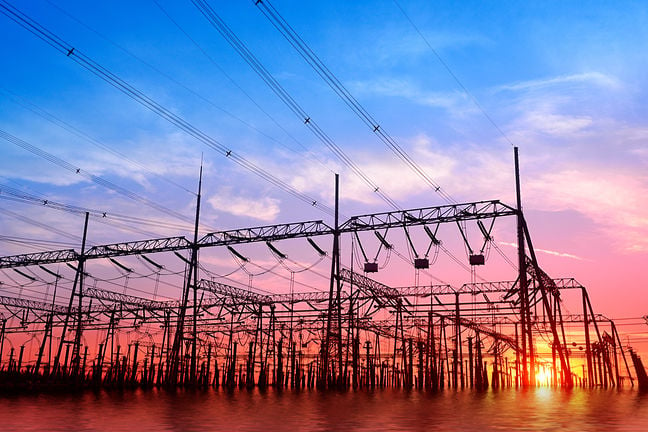
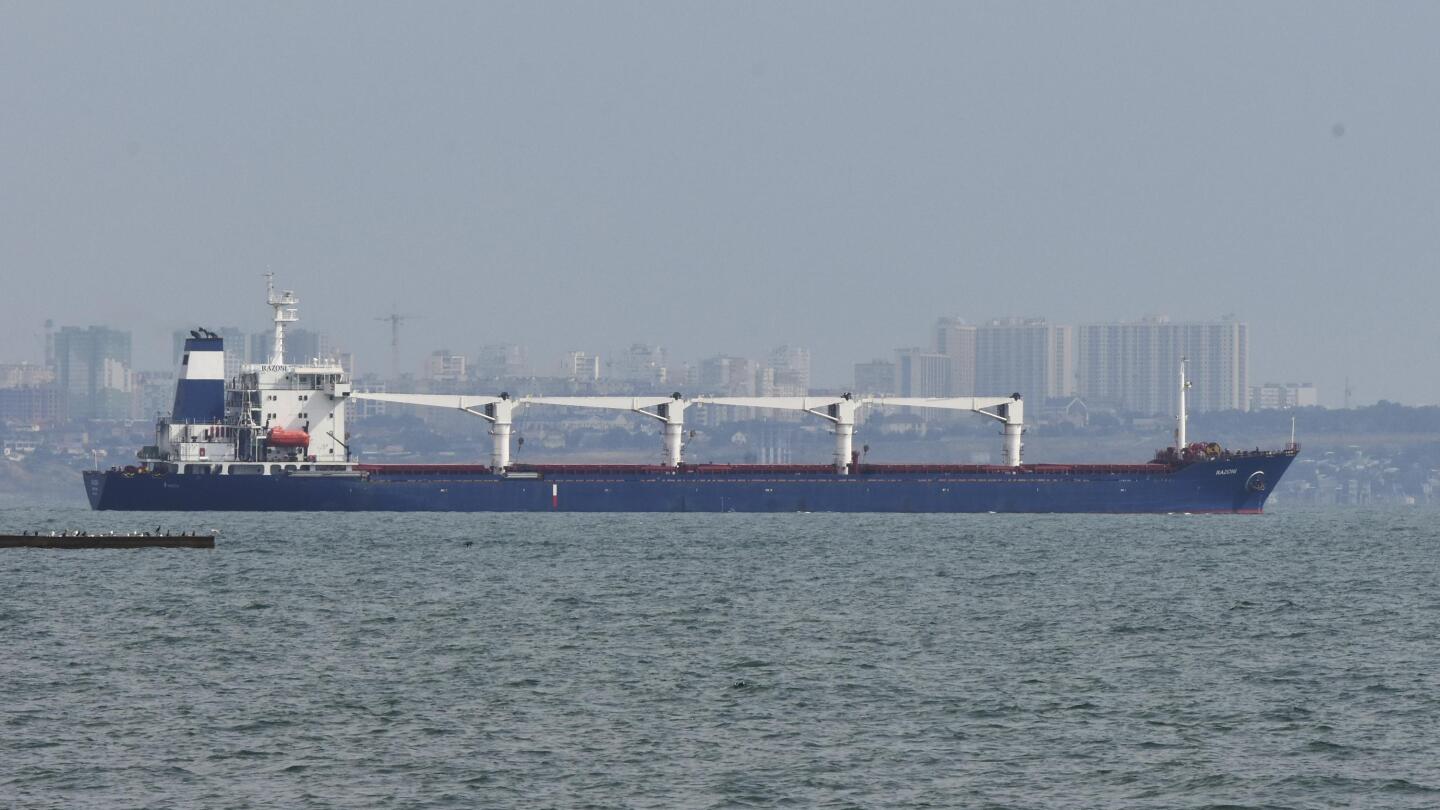




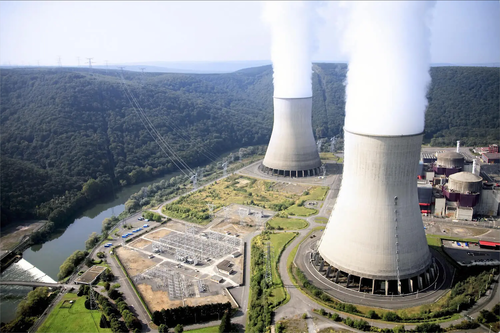
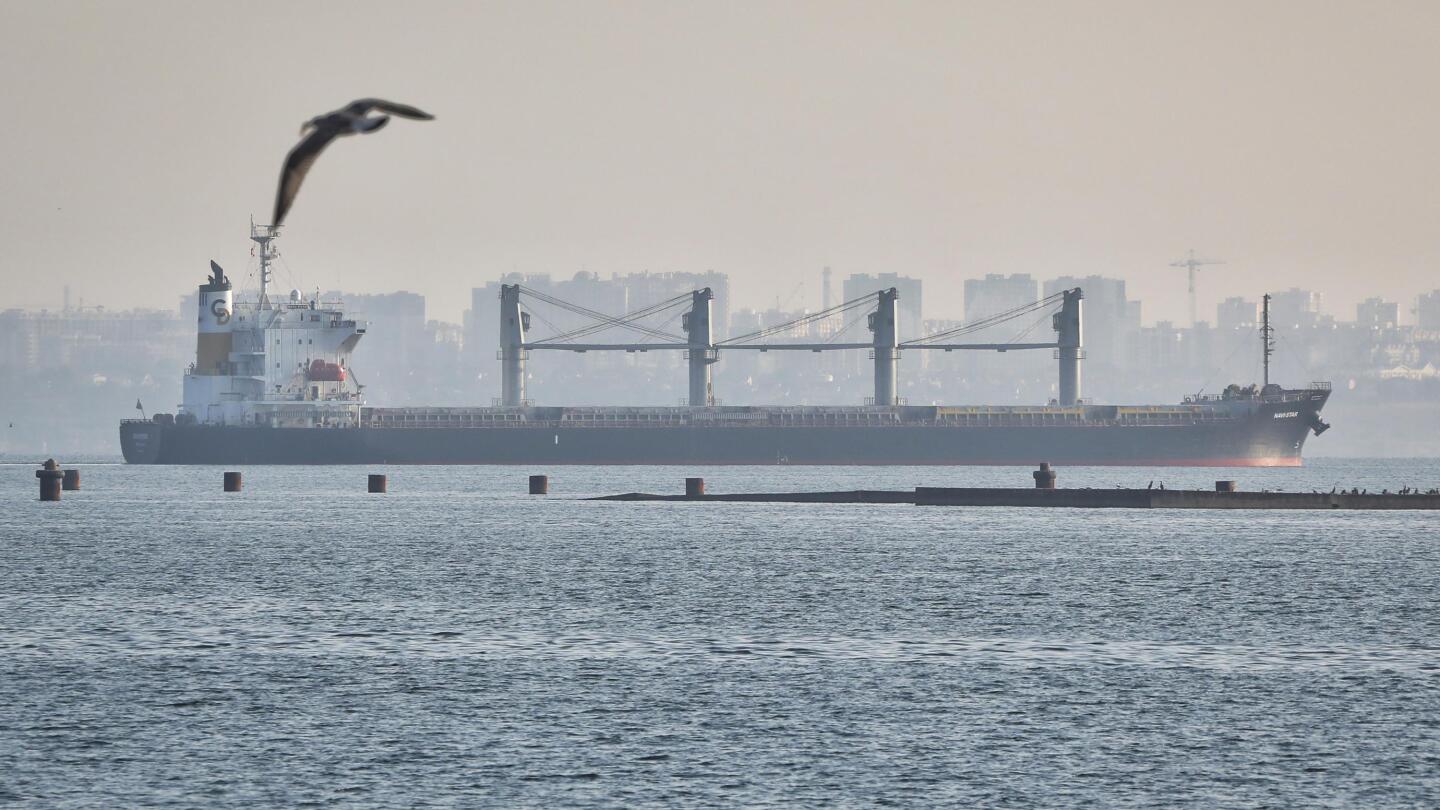



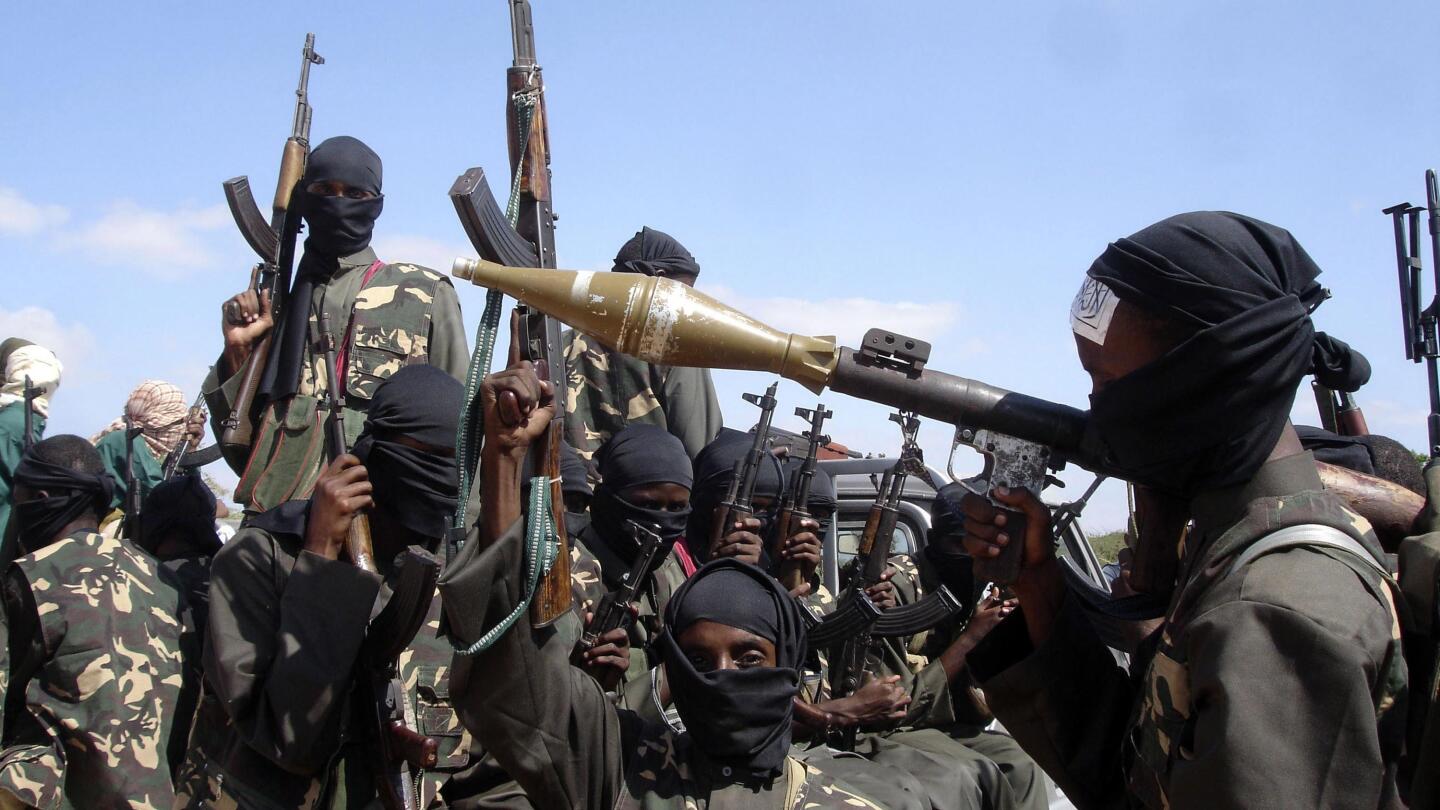

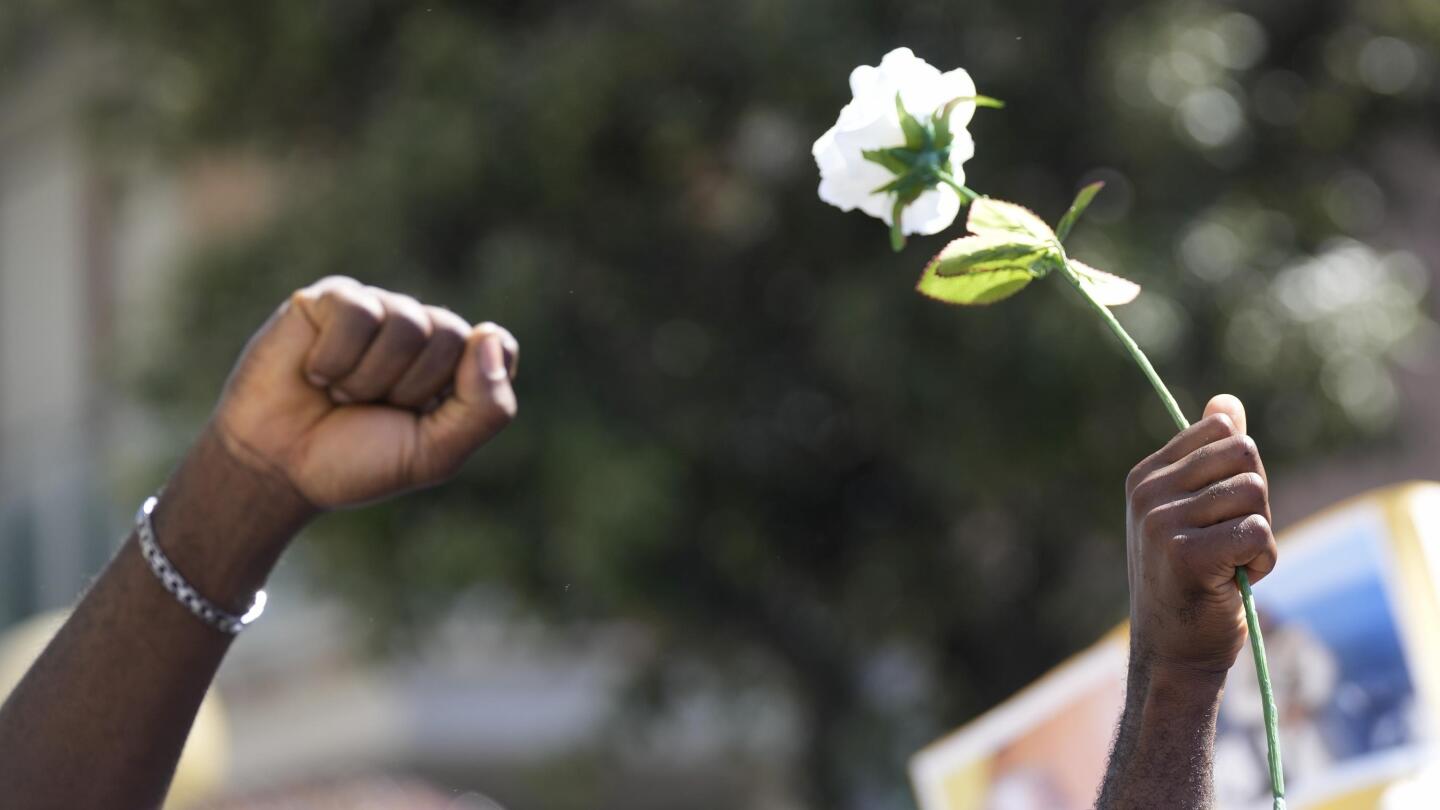

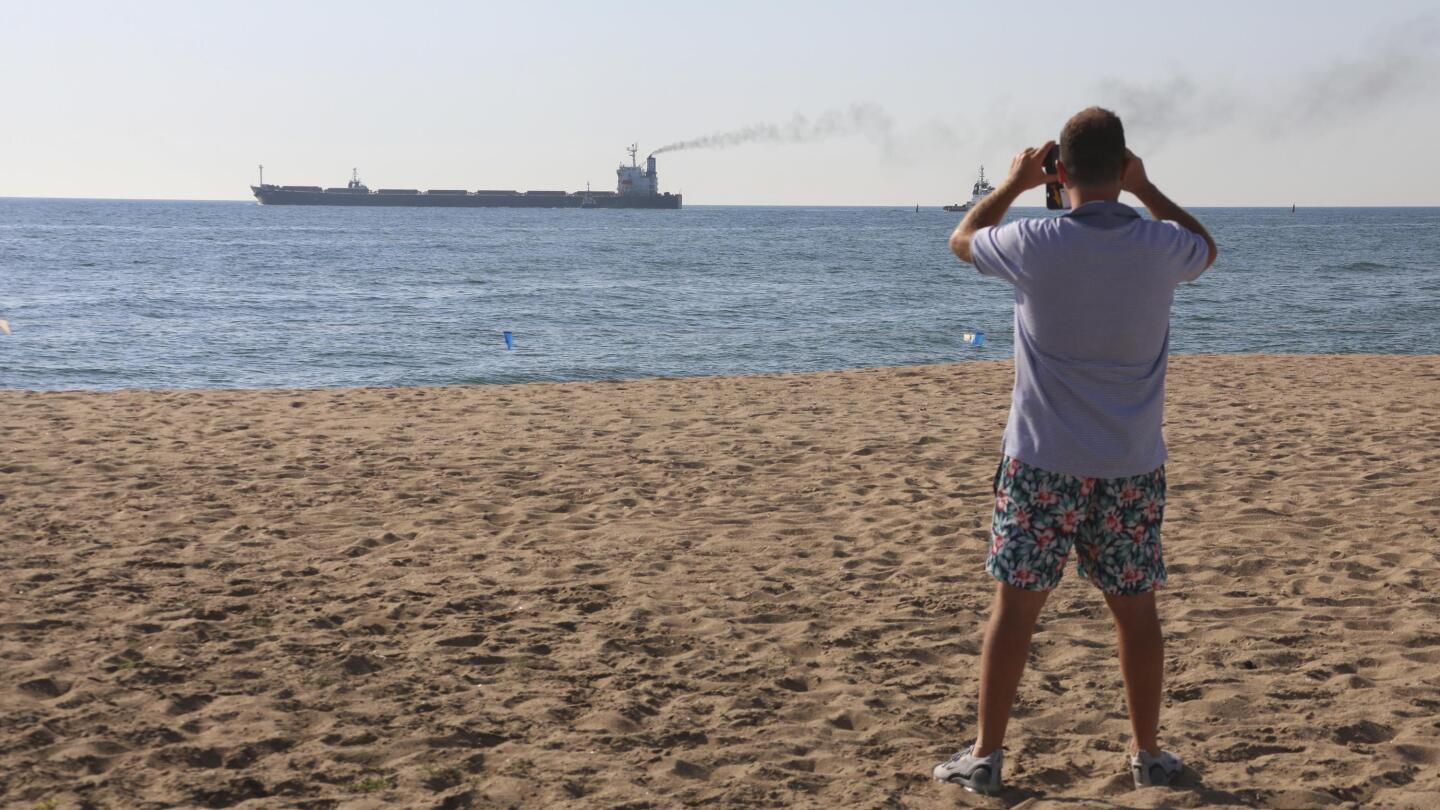



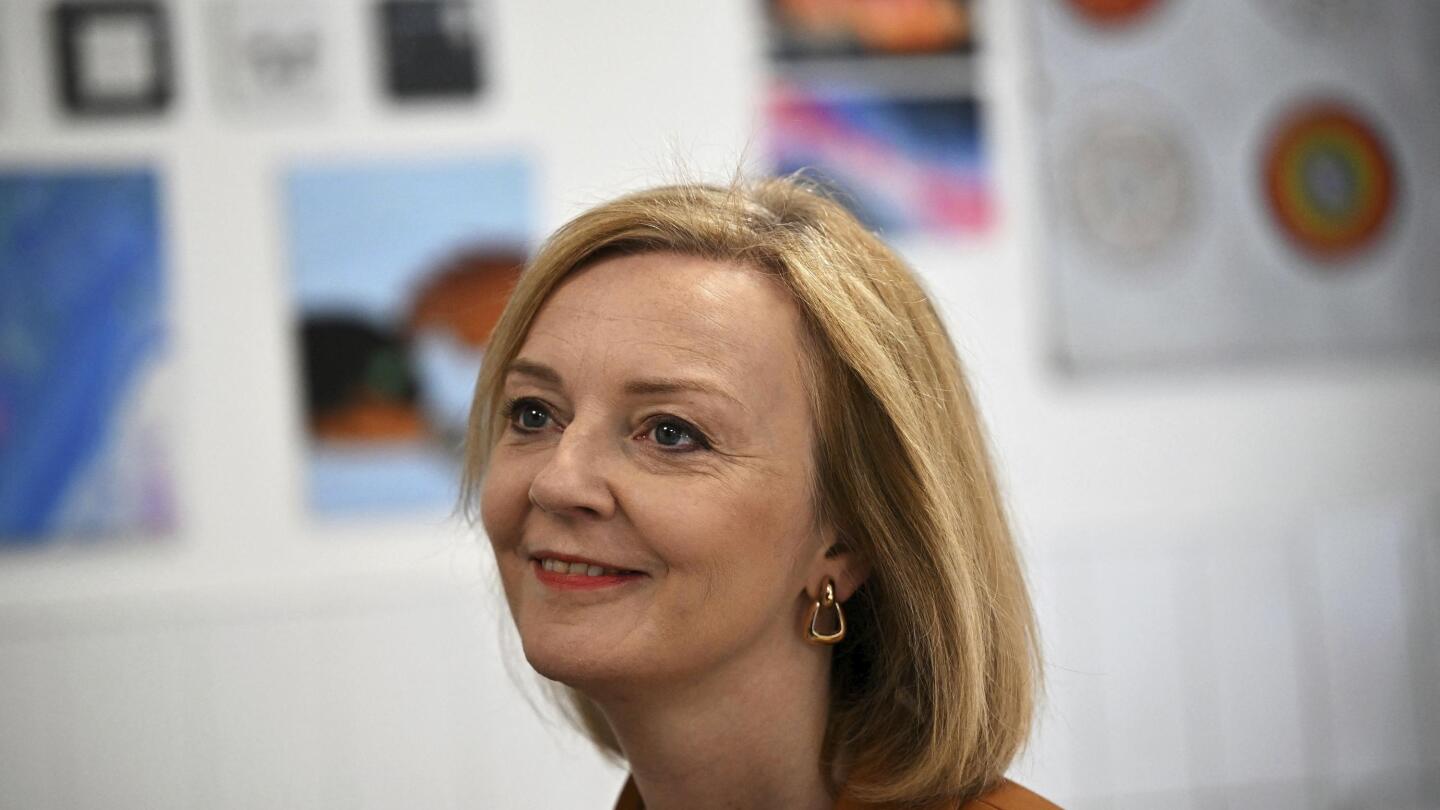

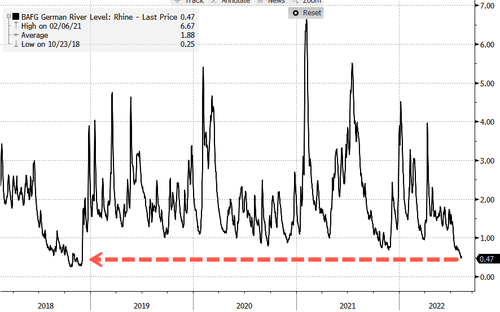

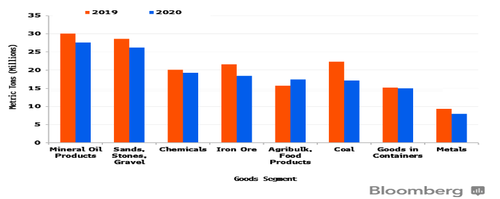
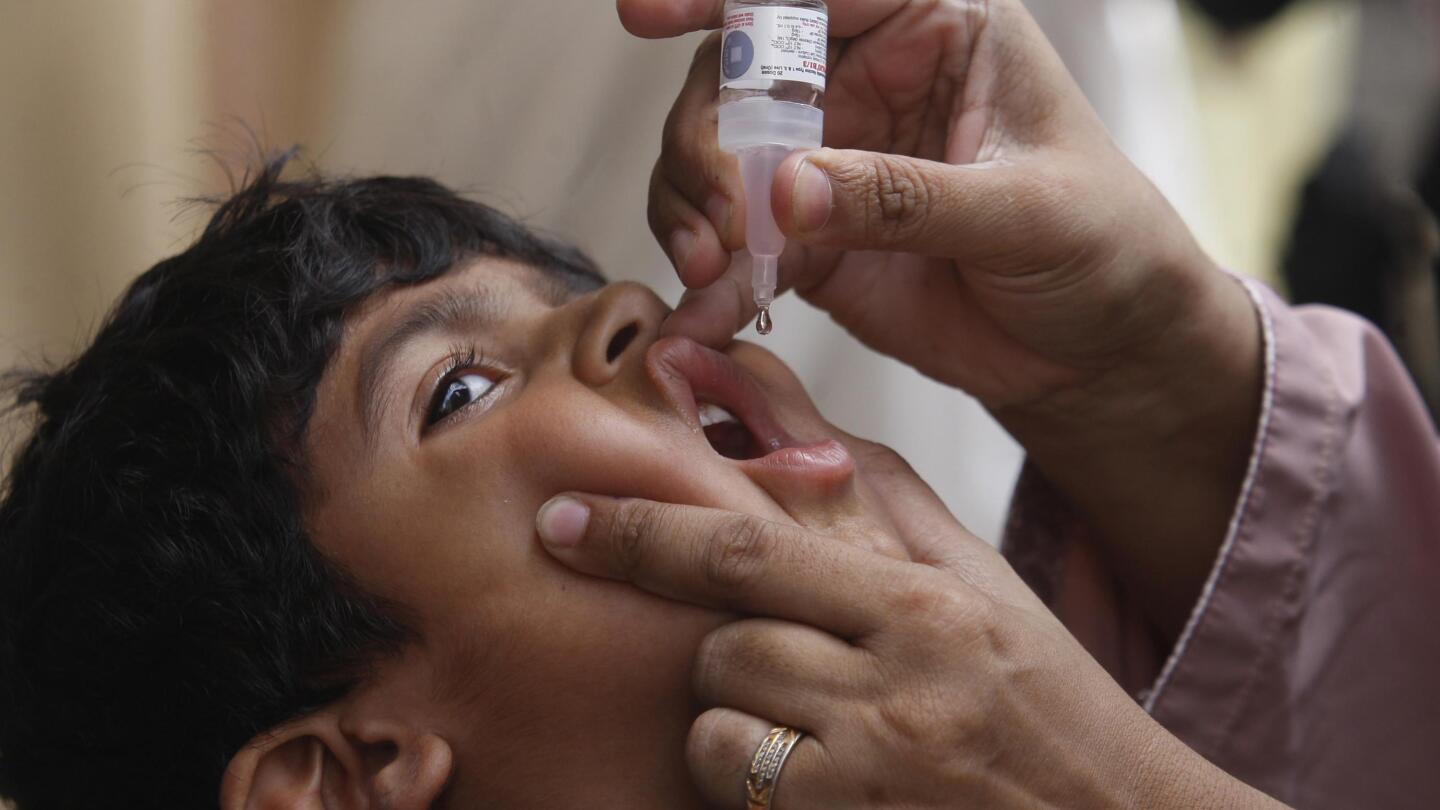


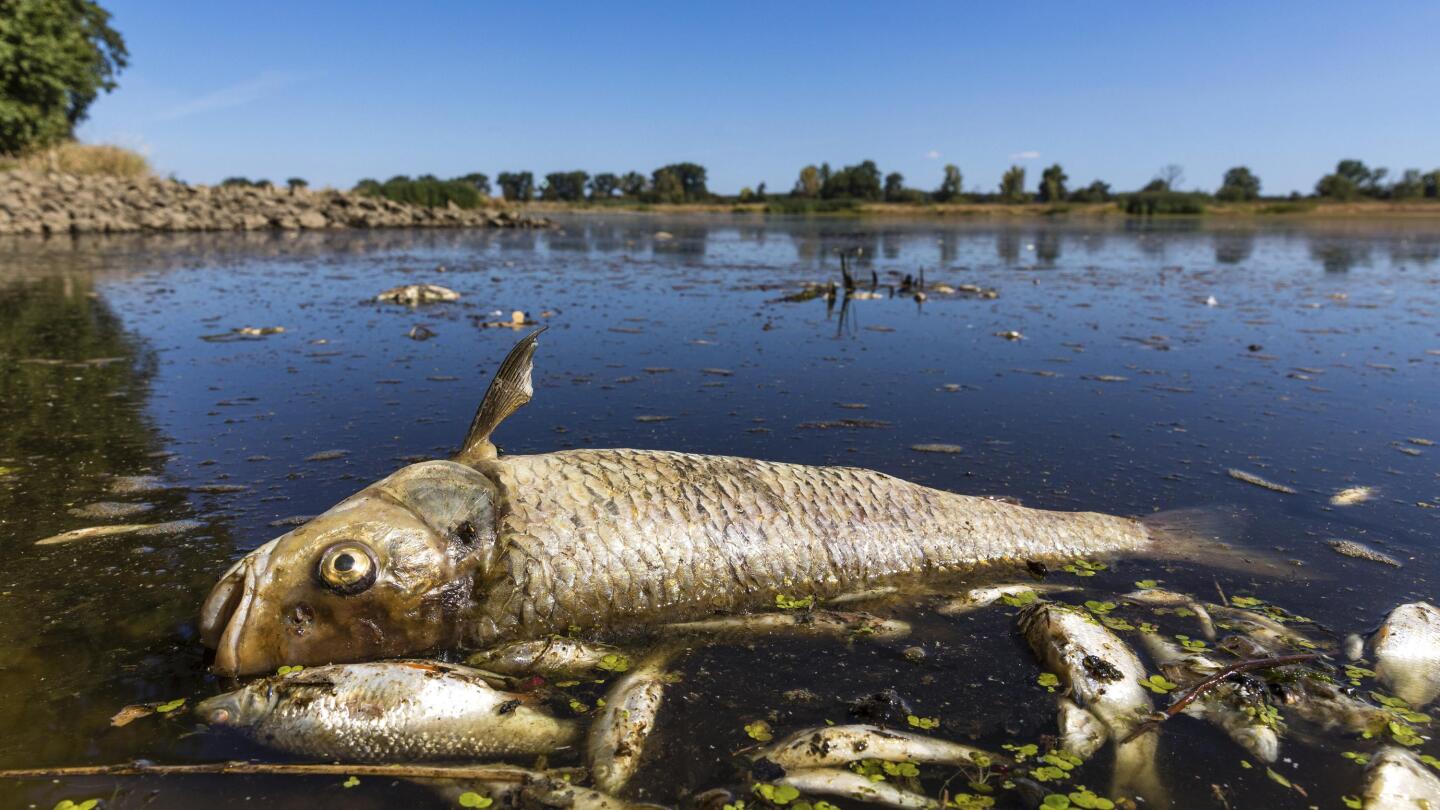



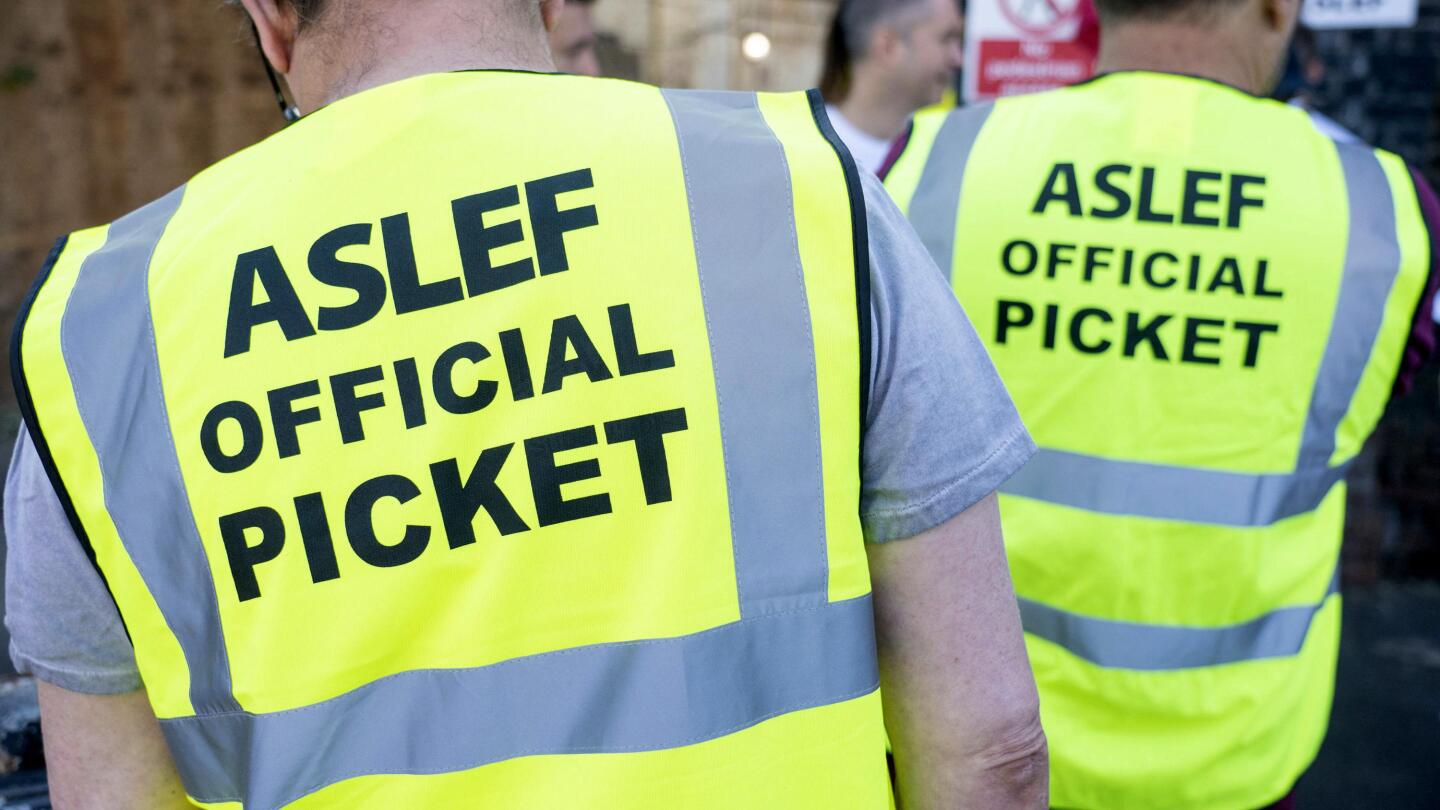

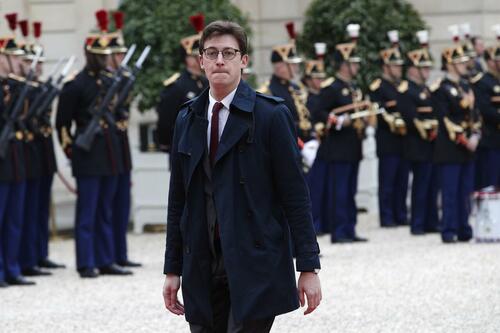 Sacha Houlie, founder of Youth With Macron movement, arrives at the Elysee Palace for Emmanuel Macron's inauguration as French President, Sunday, May 14, 2017, in Paris
Sacha Houlie, founder of Youth With Macron movement, arrives at the Elysee Palace for Emmanuel Macron's inauguration as French President, Sunday, May 14, 2017, in Paris